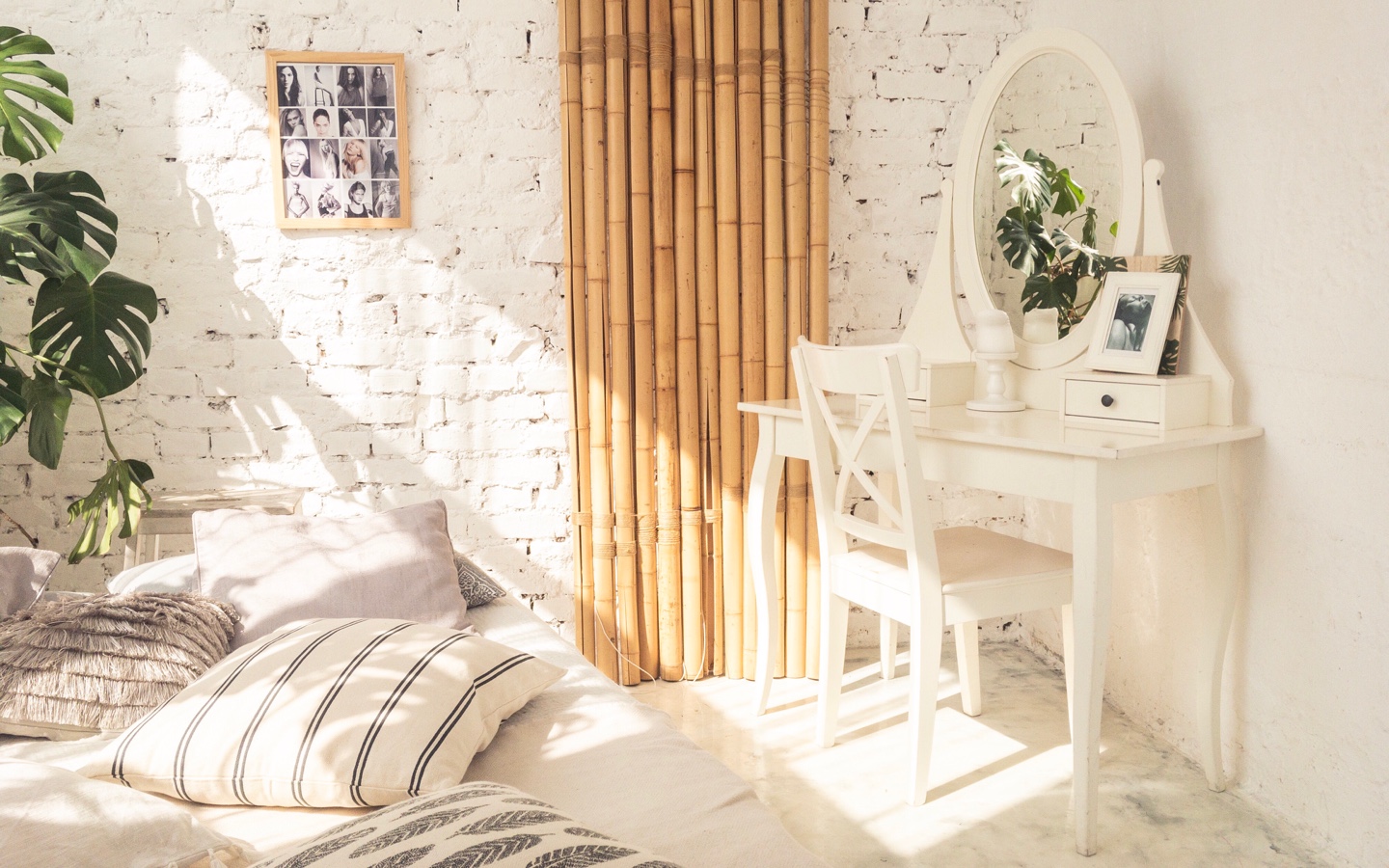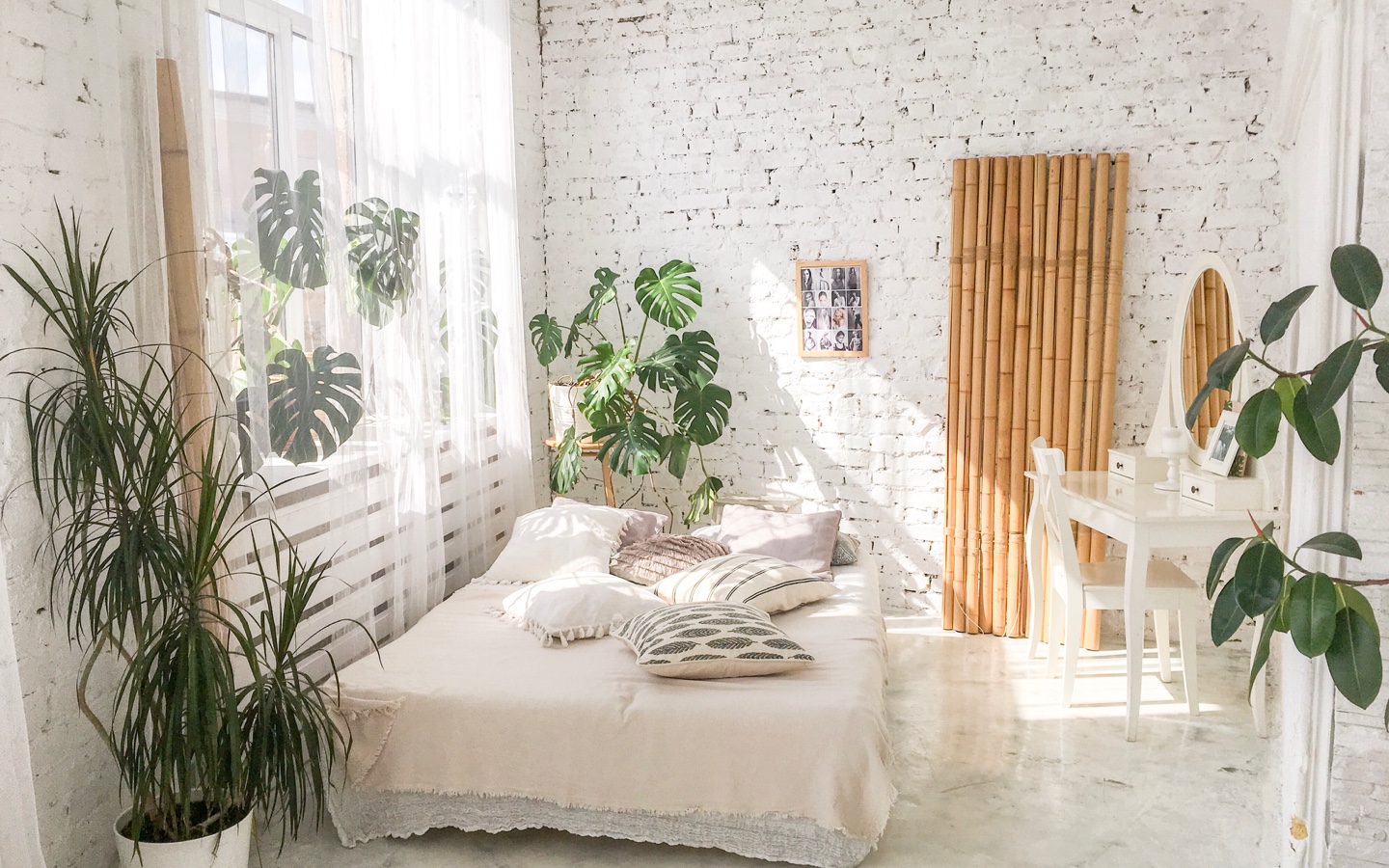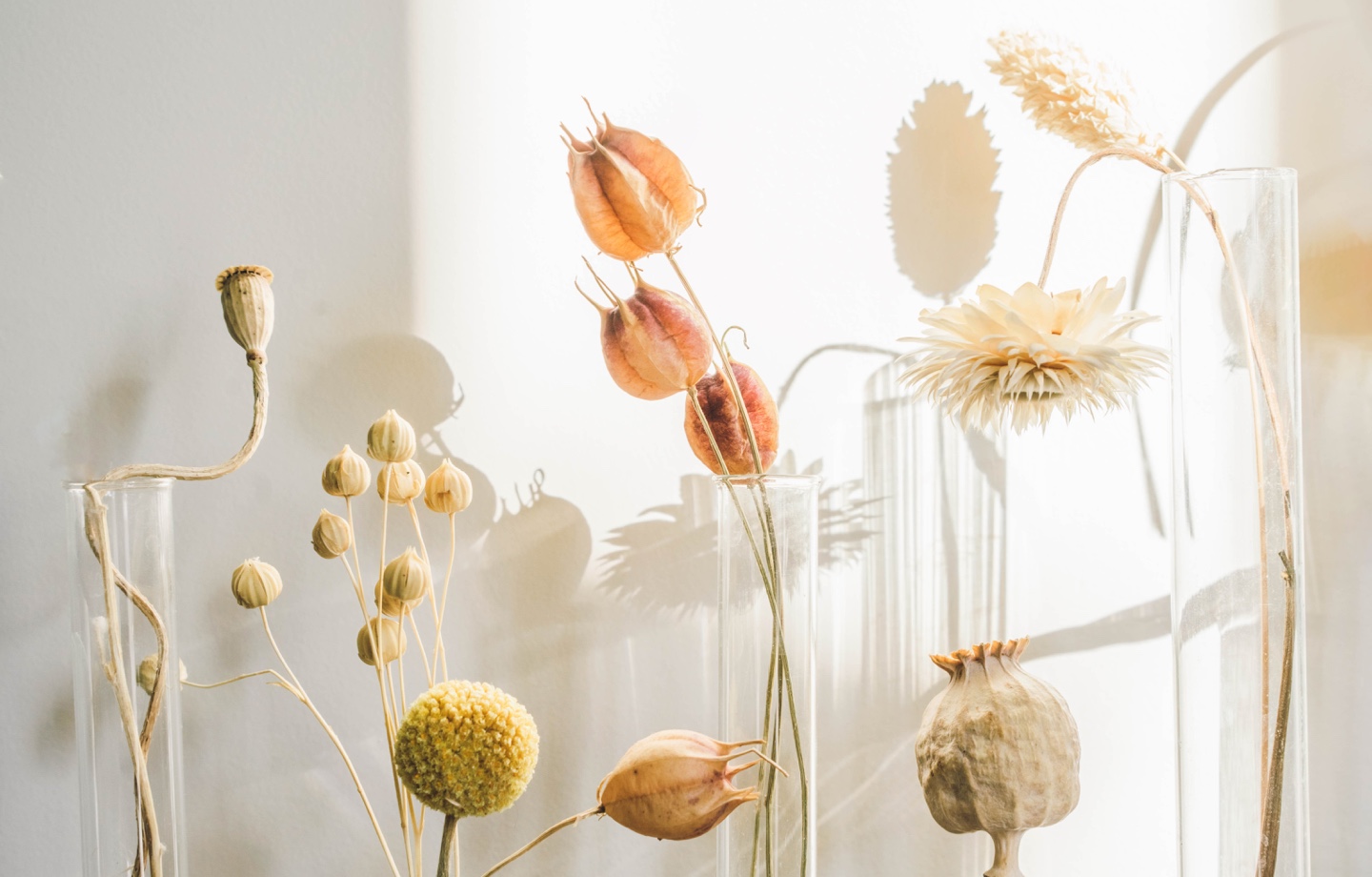We could all use a little more sleep these days. Learn how to harness the benefits of nature for better nights, no matter where you spend them.
Of all the things in life that sound too good to be true, but are true, one of my favorites is that a weekend of camping can do wonders for your sleep habits. I’d even go so far as to say it gives me a full reset when I’m feeling overextended, anxious, and dragging all day until the moment I actually need to sleep.
Research backs me up: a frequently cited 2017 study in Current Biology found that even a weekend of camping can shift one’s internal clock as much as 69 percent closer into alignment with natural sleep-wake cycles. And right now, a lot more of us may be needing a reset given the circumstances. Of course, it’s not always easy to get a weekend away in the woods, and most of us sleep indoors, on a bed, the majority of the time. But there are lots of ways to harness the benefits of nature for better nights, no matter where you spend them.
Take Stock of Your Natural Light
One of the most important elements of a healthy sleep cycle is sticking as closely as possible to a natural light cycle in your daily life. The reason camping is so great for your sleep-wake cycle is because that cycle is meant to align with the day’s natural light cycles. Bottom line: your body wants to be awake and in a bright environment during the day, and sleepy in a dark environment at night.
Easy in a tent, not so much at home. So take inventory on how closely your indoor environment lines up with your outdoor environment and tweak accordingly. How soon do you step outside in the morning? It can be helpful to spend even five minutes enjoying the sunshine as soon as you get out of bed. Is your work area dark? The ideal location is near a window, which additionally helps cut down on eye strain. Do you keep bright lights on late into the night? Dim your lighting as the evening sets in; studies have found that bright light in the hours before sleep can suppress the production of melatonin, the hormone that regulates the sleep-wake cycle. Do you live in a dark area or have street lamps and passing car headlights shining in through your translucent curtains? If light pollution interferes with your sleep, blackout curtains or an eye mask may be a good option. But if it’s not an issue for you, it may actually be a better idea not to invest in thick curtains so you can let natural morning light in.

Take a Deep Breath
There’s some evidence that scents found in nature, like cedar and lavender, have mild sleep benefits or even mildly sedative effects. But the most important thing you’re breathing in while sleeping in a tent is fresh air. If you live in a more air-polluted area or don’t crack a window while you sleep, or very often at all, your indoor environment may have higher levels of carbon dioxide, which really just means it’s stuffier. And there’s a growing body of evidence that sleeping in stuffier environments can affect sleep quality and mental performance during the day. Unfortunately, you can’t really fix this problem with air filters — the best fix is letting air move in and out of your home, by opening a window or installing a ventilation system.
Turn Up the Nature Sounds
Unlike white noise, a constant, staticky sound that helps other noises fade to the background, pink noise is a slow and steady. It’s a more wave-like sound that has shown promise in deepening sleep. Know what counts as pink noise? Rain, ocean waves, or leaves rustling. Nature provides! When nature is somewhat muted by the sound of passing cars outside your window, though, apps and noise machines provide too. (Some machines may list their pink noise settings as fan or nature sounds.)
But there’s a converse point here — I’ve learned from many sleepless camping trips that it’s just as helpful to go the other way, distracting yourself from or blocking out noises altogether. Plenty of forested locations also have gusting winds or disconcerting wildlife noises (it’s probably a chipmunk or deer investigating the tent, but what if it’s a bear?). Back at home, traffic and other less-than-peaceful noises have a harmful effect on sleep, among other health factors. If rainy noises aren’t doing the trick, it may be more important to block those noises out with ear plugs or a white noise machine.

Bundle Up
Did you know that in some Nordic countries, mothers routinely leave their babies outside during the winter for a chilly naptime? The thinking is that it helps them sleep longer and better, and you’ve likely heard similar advice to keep your bedroom on the cooler side (although not Nordic levels!). There’s not quite a magic number for an ideal sleeping temperature, but studies have associated a decrease in core body temperature with the onset of sleep. So consider your bedroom your own personal sleeping microclimate (some researchers call it that!) and keep it cooler than your daytime environment.
Pretend You’re Camping Every Day
Our sleep quality has a lot to do with everything else we do from the minute we wake up to when we turn in. And you may have connected the dots here already, but two things you’re doing when camping are abandoning Wi-Fi and probably doing a lot of hiking (or at least staring into space, and not at a screen). The reasons to imitate those conditions in your everyday life are obvious but proven. Limiting screentime simply cuts down on stimulation and stress when it’s closer to bedtime, and there’s robust evidence that getting sufficient exercise during the day improves sleep quality, and that regularly exercising is most beneficial for sleep.
Read more: How To Sleep Better

Shop Pillows
The Essential Organic Pillow Collection
Gentle, breathable, non-toxic support.






